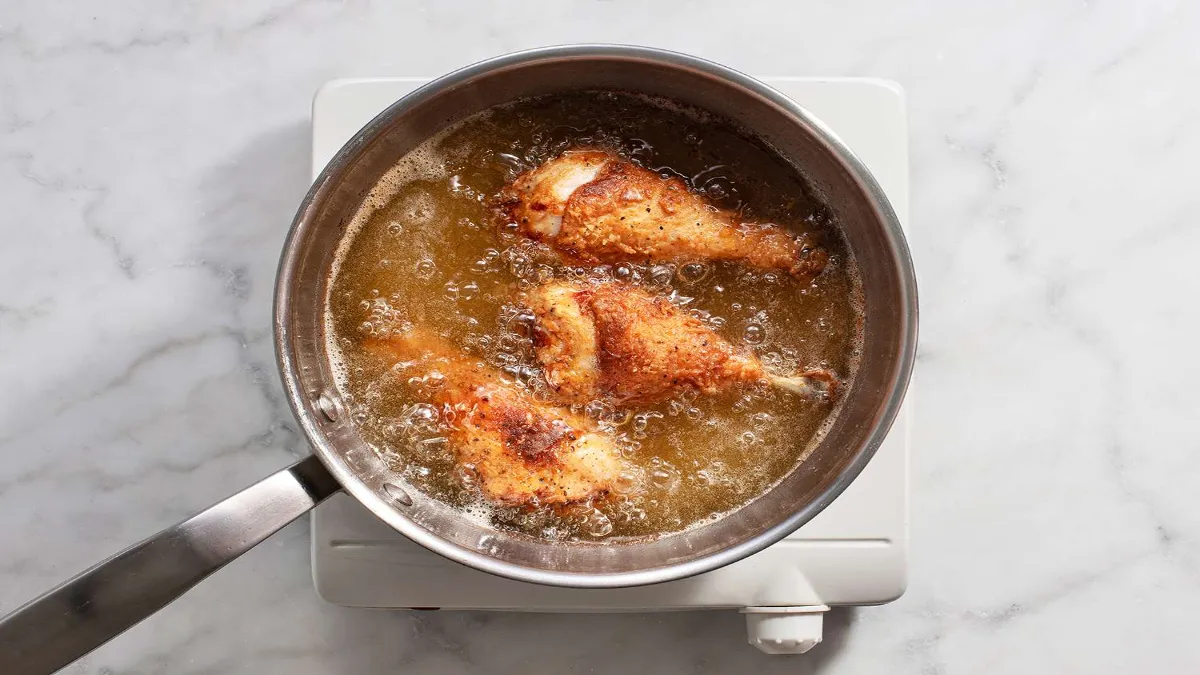Chicken, a staple in many cuisines, is prepared in various ways to achieve different textures and flavors. Boiling chicken is a common method that raises questions about tenderness. Does chicken get more tender the longer you boil it? In this article, we’ll explore the science behind boiling chicken and whether extended boiling times contribute to a more tender result.
The Science of Tenderizing:
- Collagen Breakdown: Chicken contains collagen, a connective tissue that can be tough when raw. As chicken cooks, especially during boiling, the collagen gradually breaks down into gelatin. Gelatin gives the broth a rich texture and imparts tenderness to the meat.
- Cooking Time Matters: The longer chicken is boiled, the more time it has to undergo the collagen-to-gelatin conversion. However, there is a threshold beyond which the meat can become mushy if overcooked. Striking the right balance is crucial to achieving the desired tenderness.
Factors Influencing Tenderness:
- Cut and Type of Chicken: Different cuts and types of chicken have varying levels of collagen. Tougher cuts, such as thighs and drumsticks, may benefit from longer boiling times to break down collagen, resulting in increased tenderness. Leaner cuts, like chicken breasts, can become dry if boiled excessively.
- Temperature Control: Maintaining a steady and controlled boiling temperature is essential. Too high a temperature can cause the outer layers of the chicken to overcook, while the interior remains tough. Consistent, gentle boiling is recommended for optimal tenderness.
- Bone-In vs. Boneless: Bone-in chicken pieces may take longer to cook and become tender due to the presence of bones. The bones contribute flavor and can slow down the cooking process, allowing for a more gradual breakdown of collagen.
Tips for Boiling Chicken for Optimal Tenderness:
- Low and Slow: Opt for a simmer rather than a rapid boil. Cooking chicken at a lower temperature for a longer duration allows for a gradual breakdown of collagen, resulting in tender meat.
- Use Broth or Seasoned Liquid: Boiling chicken in a flavorful broth or seasoned liquid can enhance both the taste and tenderness of the meat. The infusion of flavors during the boiling process adds depth to the overall dish.
- Monitor Cooking Time: Keep a close eye on the cooking time, especially for boneless, skinless chicken breasts. Overcooking can lead to a dry and stringy texture, so periodically check for doneness.
In the realm of culinary arts, the tenderness of boiled chicken is a delicate balance between collagen breakdown and the risk of overcooking. While extended boiling times can contribute to increased tenderness, it’s crucial to strike the right balance to achieve the desired result. Paying attention to factors such as cut, temperature control, and using flavorful liquids can elevate the tenderness of boiled chicken, creating a dish that is not only safe to consume but also a pleasure to eat.


